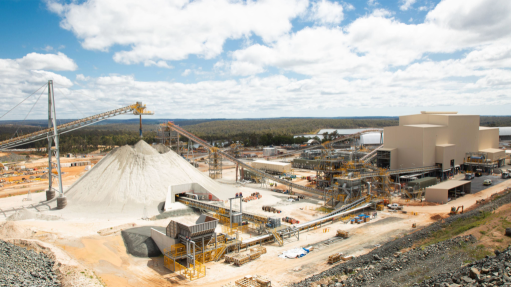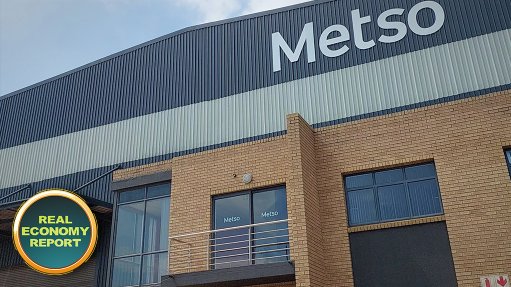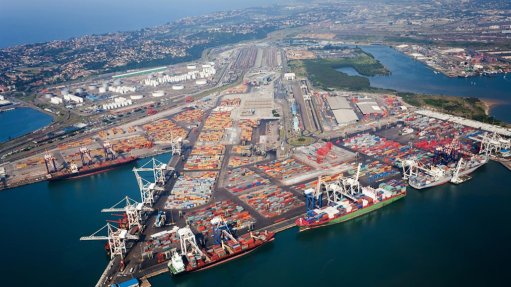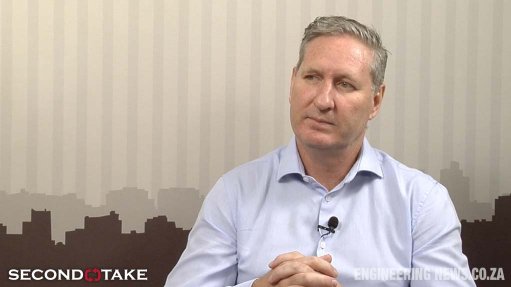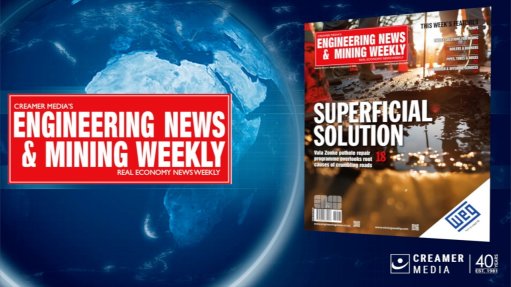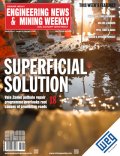Preparing South Africa’s transport and logistics workforce for the future of mobility
This article has been supplied and will be available for a limited time only on this website.
The transport and logistics industry is on the brink of a significant transformation, driven by advancements in sustainable vehicles, autonomous technologies, and intelligent mobility solutions. From electric and hydrogen-powered vehicles to drones and AI-driven logistics, these innovations promise to reshape the industry. However, the successful adoption of these technologies in South Africa will depend on the preparedness of the workforce. Developing skilled professionals who can operate, maintain, and optimise these technologies is critical for businesses looking to remain competitive in an evolving mobility landscape.
Emerging mobility technologies in South Africa
South Africa has already taken steps towards adopting Electric Vehicles (EVs), with charging infrastructure emerging in urban centres around the country. In addition, the presence of second-hand EVs on the market signals growing consumer adoption. However, challenges remain, particularly regarding charging infrastructure expansion beyond major urban hubs and ensuring grid stability.
Hydrogen-powered vehicles present another opportunity, yet their feasibility remains limited due to safety concerns and infrastructure constraints. While companies like Anglo American are investing in hydrogen-powered mining trucks, widespread commercial adoption is still in its infancy. The complexity of handling hydrogen, including the risks associated with invisible flames, poses safety challenges that South Africa has yet to address adequately.
Autonomous and AI-driven logistics technologies are also being explored globally. While fully self-driving trucks remain a distant reality due to cost and regulatory hurdles, many logistics companies are already implementing intervention systems, such as automated braking and collision detection. These innovations are helping improve road safety and efficiency without requiring full automation.
The importance of workforce development
As mobility technologies advance, so must the skills of the workforce. The demand for professionals proficient in electric and hydrogen propulsion systems, AI-driven logistics, and autonomous vehicle operations will continue to grow. Without a proactive approach to upskilling and reskilling, South Africa risks falling behind in the global mobility revolution.
Investing in workforce development is not just about training mechanics to service electric or hydrogen-powered vehicles. It extends to data analysts who interpret logistics patterns, software engineers who develop AI-driven transport solutions, and safety specialists who ensure compliance with evolving regulations. The industry must prioritise education and training programmes that align with these new demands.
Strategies to prepare the workforce for future mobility
Businesses should partner with technical institutions and universities to offer specialised courses in electric vehicle maintenance, hydrogen fuel safety, and AI-driven logistics management. Expanding internships and apprenticeships will provide hands-on experience, while collaboration between transport companies, policymakers, and technology providers can help shape workforce training programmes.
Digital learning, including online training modules and virtual reality simulations, will be key to equipping employees with the knowledge to navigate new vehicle technologies and safety protocols. Additionally, companies should incentivise continuous learning through certification programmes and workshops on emerging mobility trends.
Positioning South Africa for the future
By prioritising workforce readiness, South African businesses can not only adapt to technological advancements but also become leaders in Africa’s mobility transition. Investing in skills development today will ensure that the transport and logistics sector remains resilient, innovative, and competitive in the future of mobility.
Comments
Press Office
Announcements
What's On
Subscribe to improve your user experience...
Option 1 (equivalent of R125 a month):
Receive a weekly copy of Creamer Media's Engineering News & Mining Weekly magazine
(print copy for those in South Africa and e-magazine for those outside of South Africa)
Receive daily email newsletters
Access to full search results
Access archive of magazine back copies
Access to Projects in Progress
Access to ONE Research Report of your choice in PDF format
Option 2 (equivalent of R375 a month):
All benefits from Option 1
PLUS
Access to Creamer Media's Research Channel Africa for ALL Research Reports, in PDF format, on various industrial and mining sectors
including Electricity; Water; Energy Transition; Hydrogen; Roads, Rail and Ports; Coal; Gold; Platinum; Battery Metals; etc.
Already a subscriber?
Forgotten your password?
Receive weekly copy of Creamer Media's Engineering News & Mining Weekly magazine (print copy for those in South Africa and e-magazine for those outside of South Africa)
➕
Recieve daily email newsletters
➕
Access to full search results
➕
Access archive of magazine back copies
➕
Access to Projects in Progress
➕
Access to ONE Research Report of your choice in PDF format
RESEARCH CHANNEL AFRICA
R4500 (equivalent of R375 a month)
SUBSCRIBEAll benefits from Option 1
➕
Access to Creamer Media's Research Channel Africa for ALL Research Reports on various industrial and mining sectors, in PDF format, including on:
Electricity
➕
Water
➕
Energy Transition
➕
Hydrogen
➕
Roads, Rail and Ports
➕
Coal
➕
Gold
➕
Platinum
➕
Battery Metals
➕
etc.
Receive all benefits from Option 1 or Option 2 delivered to numerous people at your company
➕
Multiple User names and Passwords for simultaneous log-ins
➕
Intranet integration access to all in your organisation










